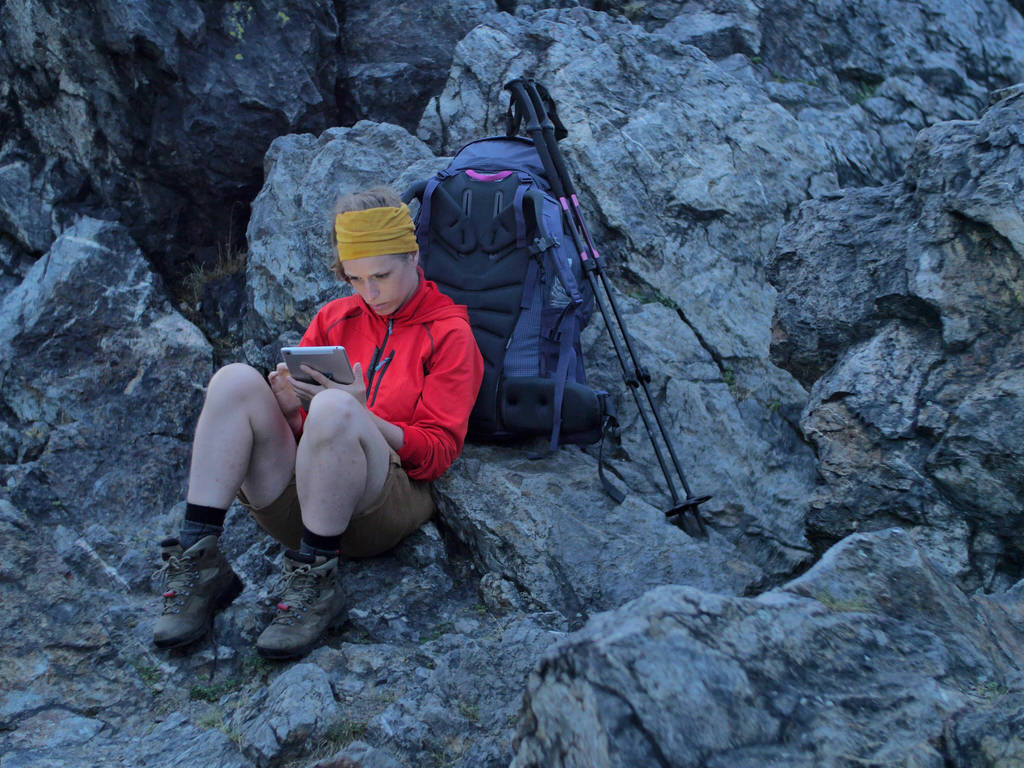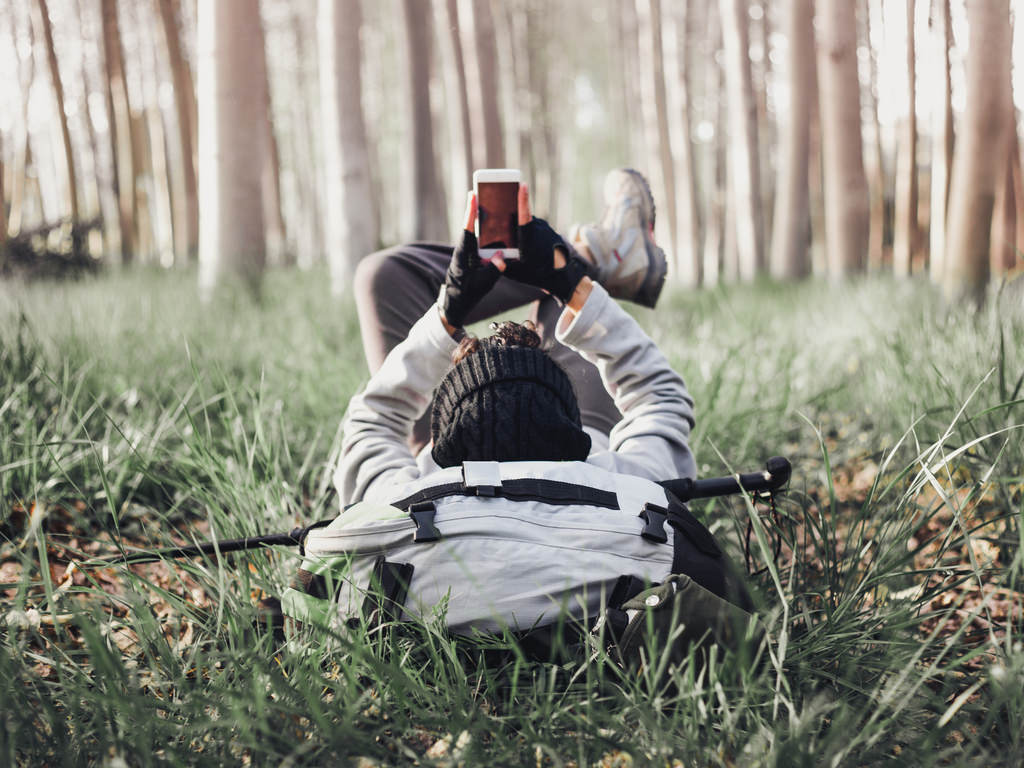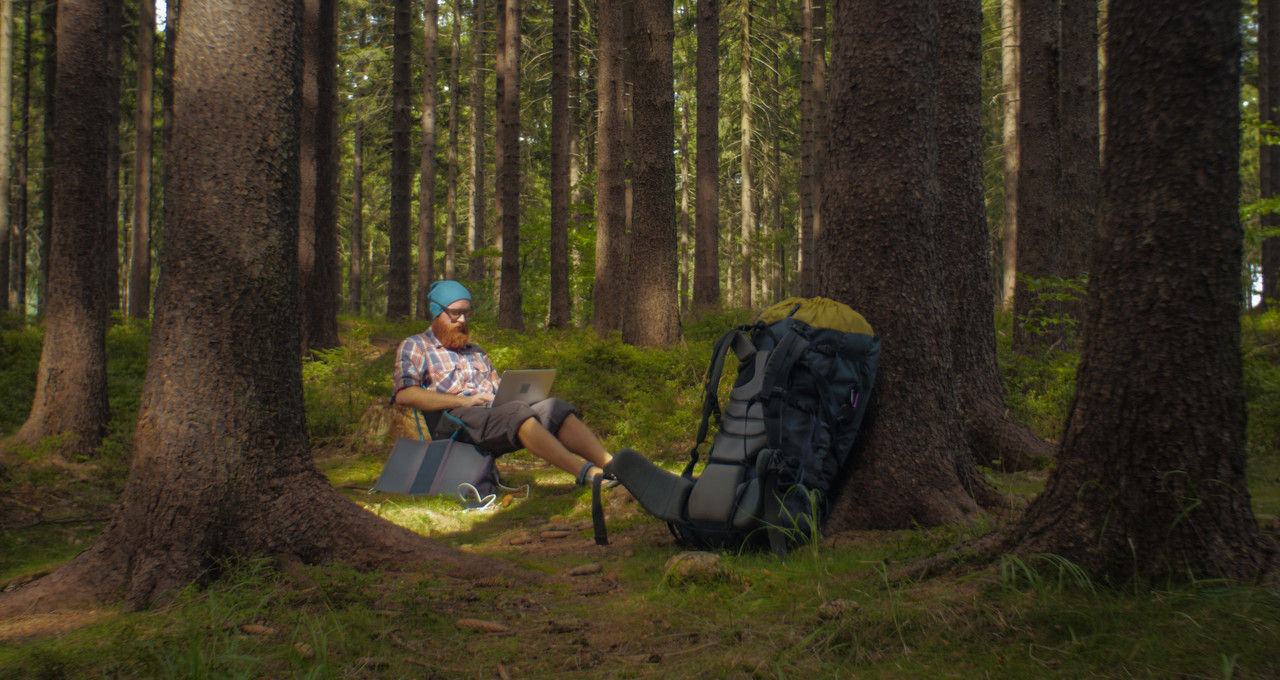How To Use Solar Panels For Camping
As nice as it can be to unplug while you’re out in nature, sometimes you just really need a charge. Cellphones, GPS devices for geotagging, LED lanterns, electronic coolers, ebooks, cameras, even you electric toothbrush all come in handy in the great outdoors. That’s especially when you’re camping full time, are on a family road trip, or are making the most of your RV or overlanding rig. You could rely on a generator, or the battery in your vehicle, or a portable charger. Or you can learn how to use solar panels for camping, so you can generate your own power wherever you go.
The first step to figuring out how to use solar panels for camping is to determine how much power you’ll actually need. Start by calculating the wattage or voltage required by your essential electronics. If you’re simply hoping to keep your cell phone going for the weekend, the 5.6-watt solar panel on a solar backpack or 5 volt solar power bank is sufficient. For larger electronics, a 20 watt solar briefcase is a robust, yet portable, solution. If you’re really serious about staying charged, a solar generator that’s designed for rugged outdoor applications will keep you online.
Next, you’ll want to make sure that whatever type of solar panel you plan to use will be able to get sufficient light to work at its peak. You’ll want to make sure that wherever you’re camping isn’t too shaded for the solar panel to charge sufficiently. The output rating on any given solar panel isn’t guaranteed. Instead, it’s what the panel is capable of producing in the absolute best possible conditions. Even partial or dappled shade can reduce the efficiency of your charge, whether in wattage produced, the time it takes to charge a device, or both.

If you are camping, say, in the desert finding a full patch of sun might not be a tall order. Other destinations, however, with thick foliage or a frequent marine layer might require a little more strategy when you’re selecting a campsite. Read camping reviews to get a sense of what the conditions might be or if there’s a certain campsite at your destination that would be best to request upon booking. Check the weather, too, to make sure your trip isn't timed for an especially cloudy or rainy time frame.
Finally, as you plan how to use solar panels for your camping trip, consider whether you want to invest in a deep cycle battery as well as the solar array itself. If you’re purchasing a solar generator, the battery is built in. However, smaller arrays can be used with a battery so that you can charge your devices at night after charging the battery all day in full sun.
Using a battery with your solar panel gives you an added degree of flexibility and freedom. It means you can leave your panel and battery in whatever location has the best sun exposure, even if it’s not right at your picnic table or RV site. It also means you have battery power when you need it, even if that’s at night, while you’re driving, or in the middle of a hike.

In fact, full-time campers, RV users, vanlifers, boaters, and overlanders might get more bang for their buck by permanently mounting a solar array to their vehicle and hooking it up to a battery for an off-the-grid solar system. That way it's always set up and ready to use, and you'll have a charge whenever you need it. This can come especially in handy if you need to run higher voltage or continuous appliances, like an electronic cooler or a laptop, for example.
Connectivity can keep us us productive and safe, and we’re lucky to live in a time when it’s easier than ever to charge our devices even when we’re miles from the grid. Whether you’re a digital nomad slinging freelance articles from the road, a busy mom trying to stay organized while having fun, or simply want to keep up with your email and social media after a long day at the crag, it’s nice to be able to bring your electronics along for the adventure. It can take a little planning to figure out how to use solar panels for camping in a way that best works with your adventure style and charging needs, but the results are well worth a little research.








